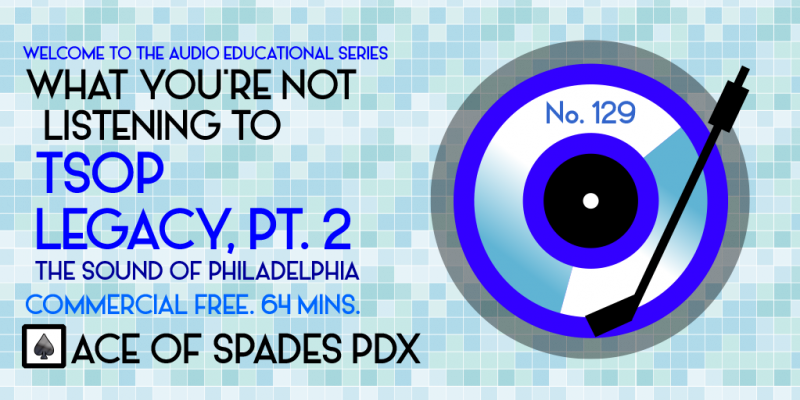Podcast: Play in new window | Download | Embed
A look back at recordings from the greatest and most important R&B label of the 1970’s, Philadelphia International Records, on their 50th anniversary with a selection of songs that go far beyond better known recordings to many lost gems and fan favorites spanning almost their entire 20 year output. #TSOP50 #PIR #Soul #randb #blackmusic #4thofjuly #1970s #1980s
The sound of Philadelphia International Records (PIR) was truly unique: it merged Phil Spector Wall of Sound with thumping beats, which would prove highly influential in the burgeoning Disco movement that was slowly making inroads on the charts. The PIR slow jams also proved an alternative to mostly white adult contemporary music, which simultaneously arose with the Quiet Storm movement, originally birthed by Smokey Robinson, and would have an even greater impact in the 1980’s as a new style of music called Urban Contemporary.
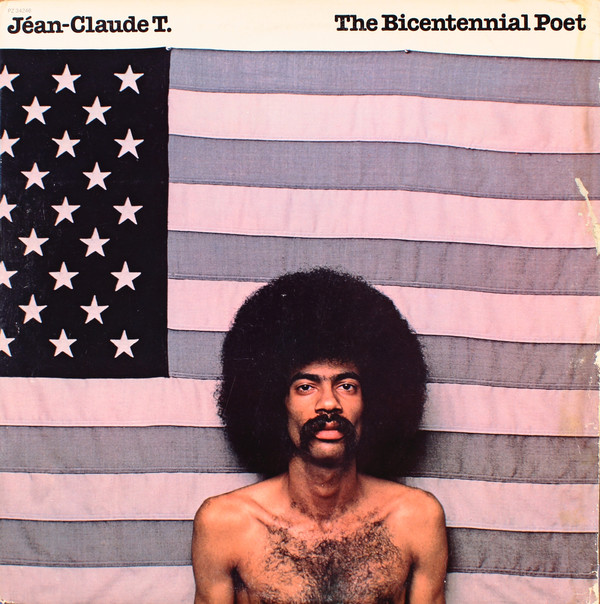
The hits were many and spawned hundreds of imitators. The sound of the music from PIR would be come to be known as Philly Soul: urbane, sophisticated, hip, now and always from the heart. Outside the U.S., Philly Soul would find its biggest fans in Blue-eyed Soul artists, particularly in England, with a style that continues to this day.
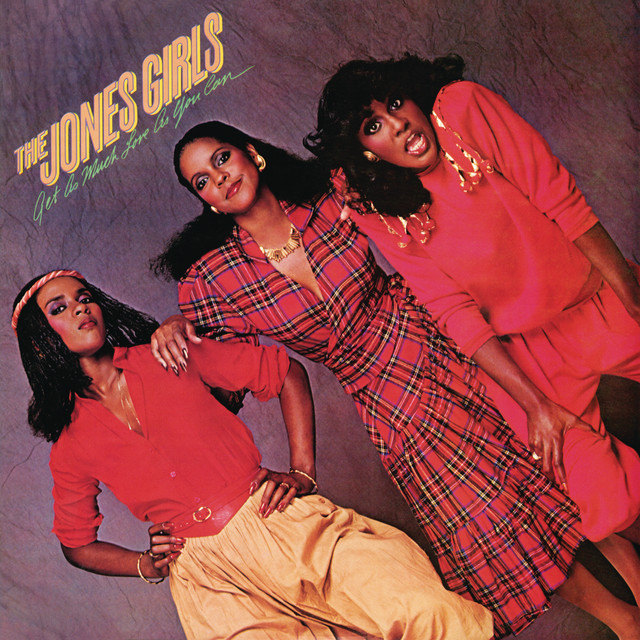
It seemed that the label was truly unstoppable, crafting hit after hit, with dance and love songs side-by-side with truly serious message tracks, reflecting the tumult and turmoil of daily Black life in the U.S. Sadly, by 1979, with the racist, homophobic and misogynistic “Disco Backlash” of that year, suddenly, Black artists and labels were no longer enjoying major, mainstream across the board hits.
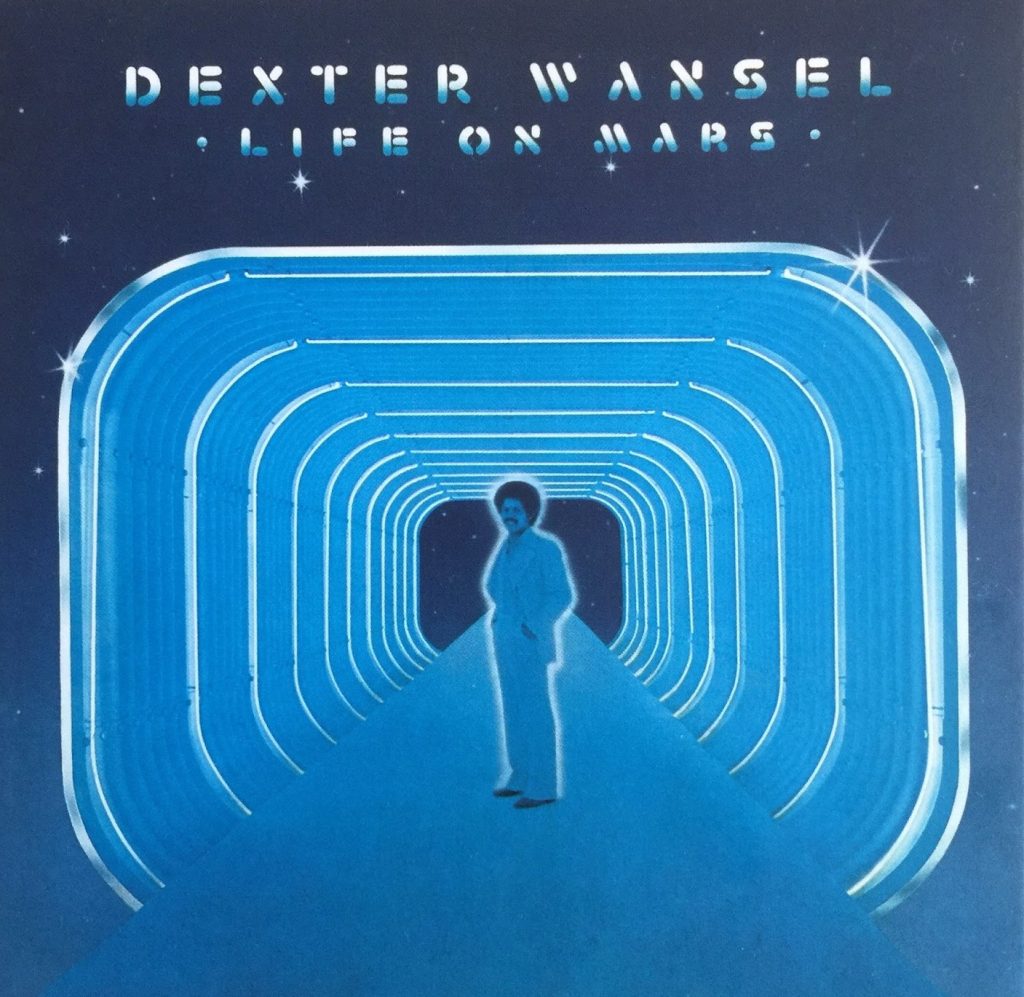
As the music industry shifted, so did PIR, with a focus on love songs and slow jams that weren’t reaching white audiences but still enjoying great success on Black stations, almost like a secret among the faithful. Some of these acts were selling in the millions, but still failed to reach the Pop Top 40.
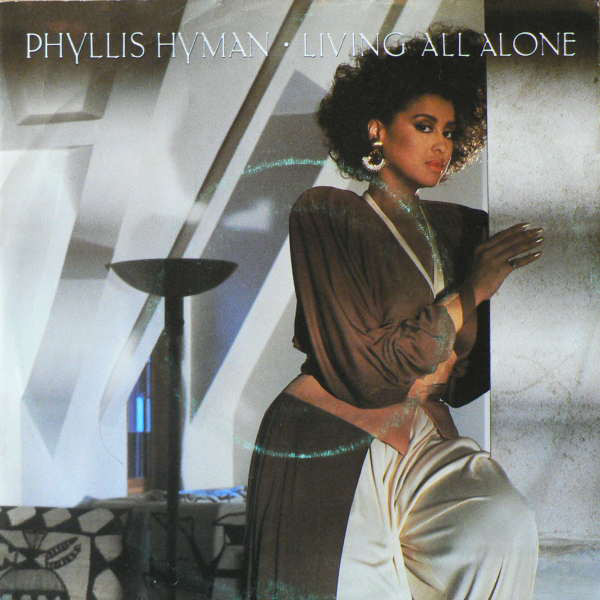
The label went almost inactive by 1987, with a smattering of new releases here and there, and even a foray into Hip-Hop with a label they distributed, Uncensored. By and large, with PIR’s last official release, Phyllis Hyman’s 1991 LP Prime of My Life, the sound of Philly soul, save for a few scattered titles, was now relegated to history. But what a time was had. PIR will always be remembered by the slogan that Gamble and Huff used to describe to root of all they did, that love was the message.
First Part
- The Bicentennial Poet, 1976, Jéan-Claude T., The Bicentennial Poet
- Nights Over Egypt, 1981, The Jones Girls, Get As Much Love As You Can
- Hurry Up This Way Again, 1980, The Stylistics, Hurry Up This Way Again
- I’ll Always Love My Mama, 1973, The Intruders, Save The Children
- The Big Hurt, 1975, People’s Choice, B-side to “Do It Any Way You Wanna”
Second Part
- You’ll Never Find Another Love Like Mine, 1976, Lou Rawls, All Things In Time
- New York City’s A Lonely Town, 1973, Dick Jensen, Dick Jensen
- Living All Alone, 1986, Phyllis Hyman, Living All Alone
- Life On Mars, 1976, Dexter Wansel, Life On Mars
Finale
- Ain’t No Stoppin’ Us Now, 1979, McFadden & Whitehead, McFadden & Whitehead
Love to you all.
Ben “Daddy Ben Bear” Brown Jr.
Host, Show Producer, Webmaster, Audio Engineer, Researcher, Videographer and Writer
Instagram: brownjr.ben
Twitter: @BenBrownJunior
LinkedIn: benbrownjunior
Design Site: aospdx.com
“Copyright Disclaimer Under Section 107 of the Copyright Act 1976, allowance is made for ‘fair use’ for purposes such as criticism, comment, news reporting, teaching, scholarship, and research. Fair use is a use permitted by copyright statute that might otherwise be infringing. Non-profit, educational or personal use tips the balance in favor of fair use.”
